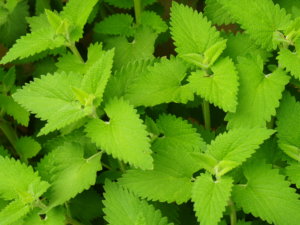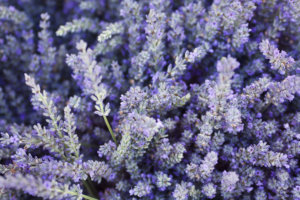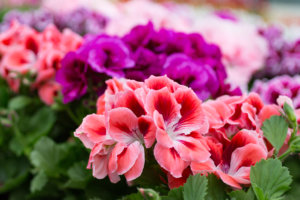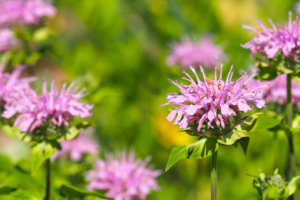With spring in full gear and summer on the horizon making your backyard the place to be, you can pack away your cabin fever and embrace spring fever instead. As you prepare your yard for fun in the sun with family and friends, you might think that a little beautification is in order. Before you head out the door to the local nursery or home improvement store to stock up for the garden, you should know your green thumb can do more than add a pop of color to the yard. The right mix of plants can also be a botanical buffer against unwanted pests – namely public enemy number one in yards across America: the mosquito.
Many of the plants that make your yard more enjoyable to humans can make it less enjoyable for mosquitoes. And who wouldn’t want to make their yard less welcoming to mosquitoes? In many cases, the plants have an odor that mosquitoes find offensive or that inhibits their ability to detect carbon dioxide, which they can typically sniff out from up to 100 feet away. While some of these plants will deter mosquitoes in a short radius around the live plant, most of their repellent properties lie in scents and oils contained in their leaves or blossoms. Because of this, crushing or burning them is more effective in facilitating a pest-free outdoor experience than just the plant alone, but planting them certainly can’t hurt.
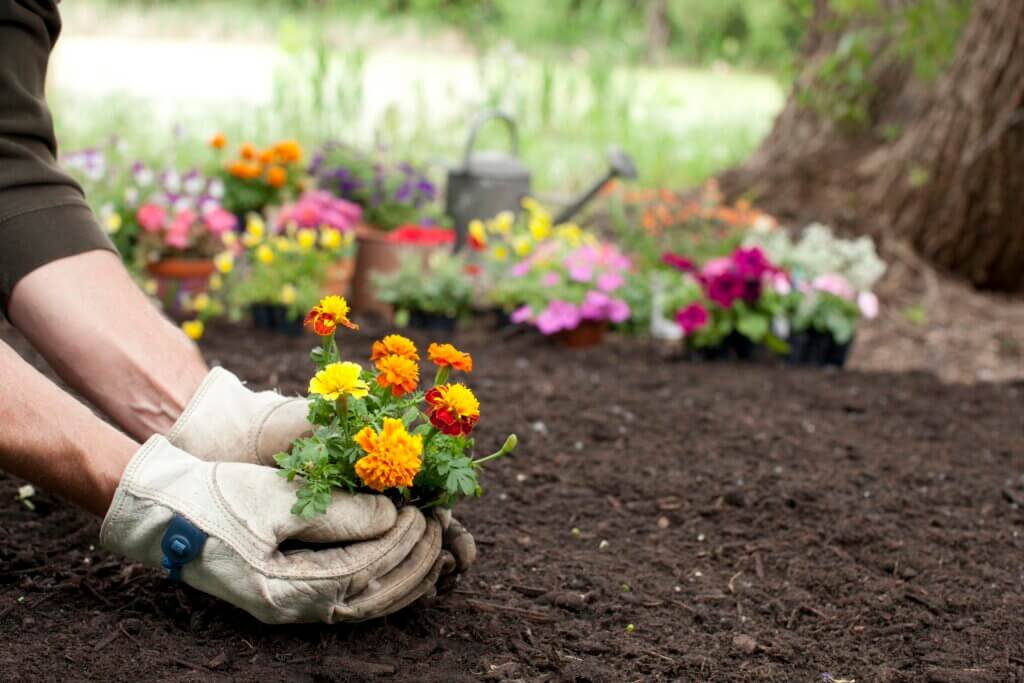
Marigolds
These bright annuals add a cheerful splash of yellow, orange, and red to any planter or flowerbed. Marigolds contain pyrethrum, which is basically nature’s insecticide and has been used by humans as far back as 1000 B.C. The smell is offensive to mosquitoes and other insects, but you’ll smile knowing those little poms-poms are keeping the bites at bay.
Catnip
If you have a furry feline friend, they’ll be delighted to have fresh catnip in the yard. In fact, the same chemical that attracts cats, nepetalactone, is what wards off mosquitoes. A member of the mint family, catnip contains an oil that some studies have shown to be more than ten times as effective as DEET at repelling mosquitoes. It’s also easy to grow, making it a purrfect plant for a casual gardener.
Lavender
Lavender is known for its soothing scent and its pale purple blossoms. Its effects are far from relaxing for mosquitoes – the oils in lavender may actually hinder mosquitoes’ ability to smell, masking the odor of carbon dioxide that helps them identify human hosts. Now that’s aromatherapy!
Geraniums
Geraniums come in a rainbow of vibrant colors, making them a beautiful addition to planters, pots, and flowerbeds. Their slight lemony scent comes from citronella oil. Incidentally, citronella is another plant with a repellent fragrance that’s used in outdoor candles and torches for driving away unwanted insects.
Bee Balm
Bee balm, or horsemint, is a lesser-known plant on this list. However, this flowering perennial does double-duty in your garden. It welcomes pollinators like bees and butterflies while staving off mosquitoes with its strong aroma.
Your garden can benefit your table as well as your yard. Herbs like mint, rosemary, sage, and basil can help deter mosquitoes and add fresh-from-the-garden flavor to your next meal. Garlic and onions do the trick, too, if you want to take your yard-to-table experience to the next level.
These plants won’t magically make mosquitoes skip over your yard in favor of the neighbor’s, but they can be a tool in your defense against these disease-carrying pests. Likewise, keeping vegetation from getting overgrown and eliminating standing water will help reduce their regular hangouts and breeding grounds. But if your green thumb just didn’t cut it, contact OPC – we’ll be glad to de-buzz your backyard with our Mosquito Treatment & Control Services.
